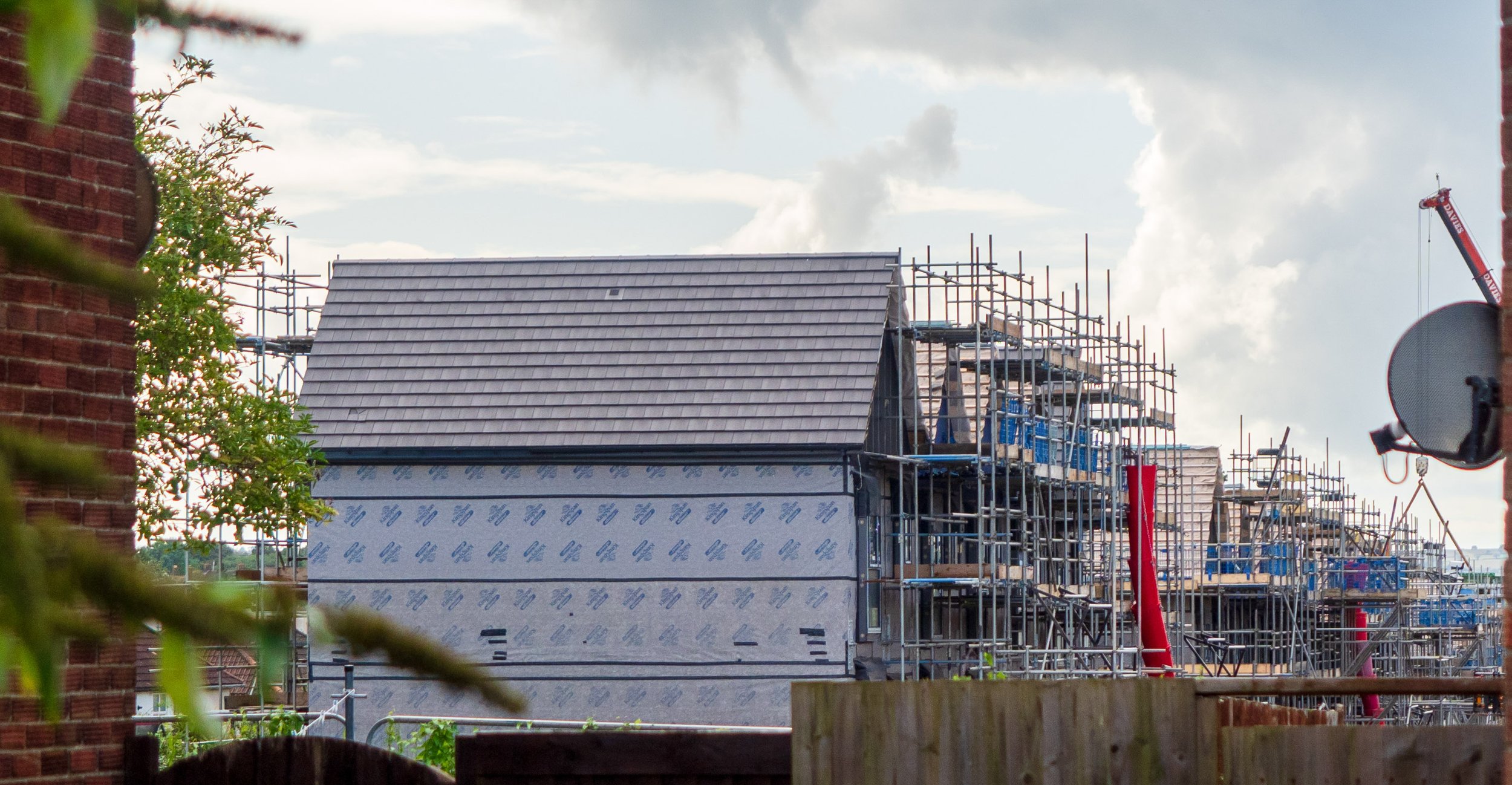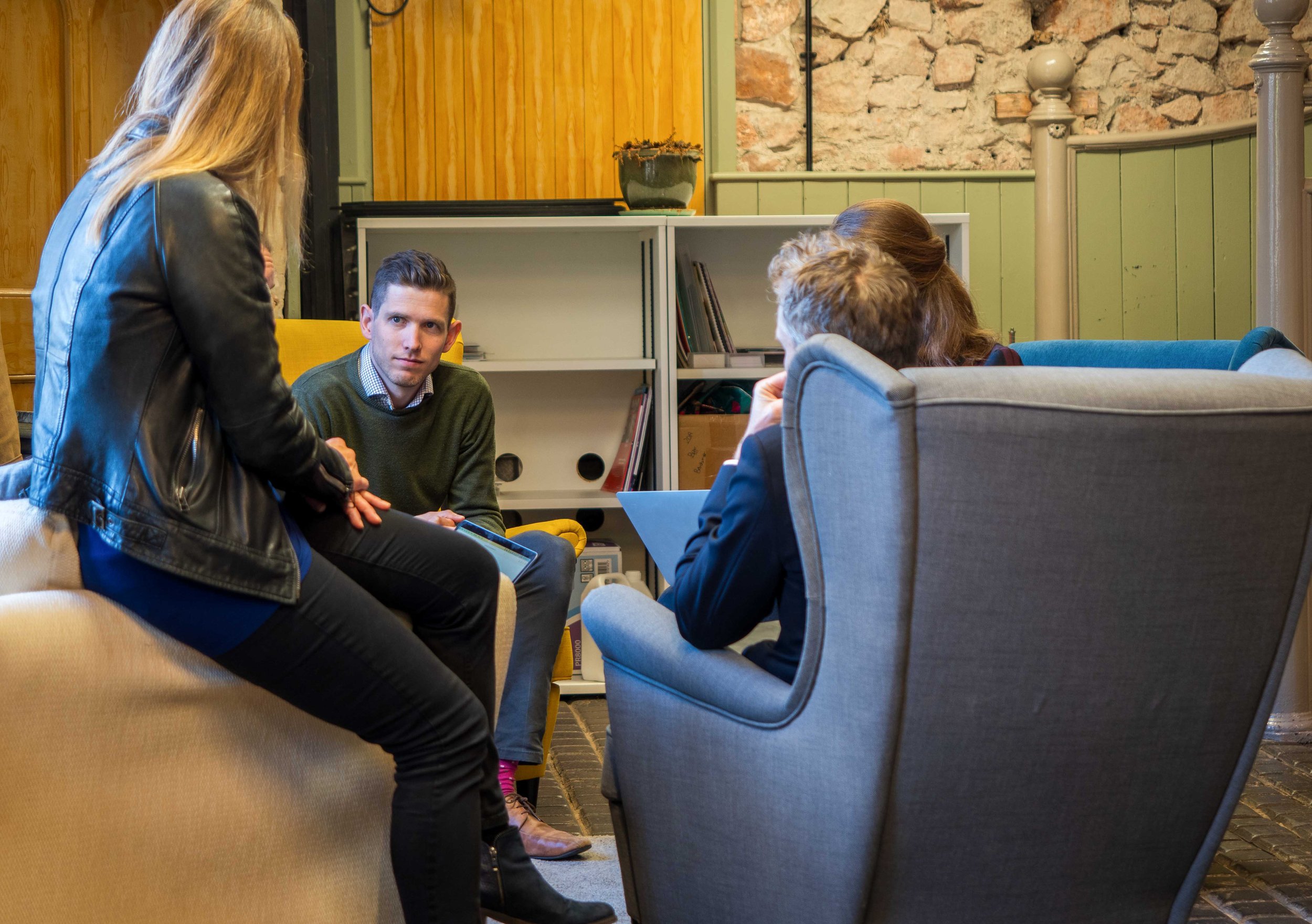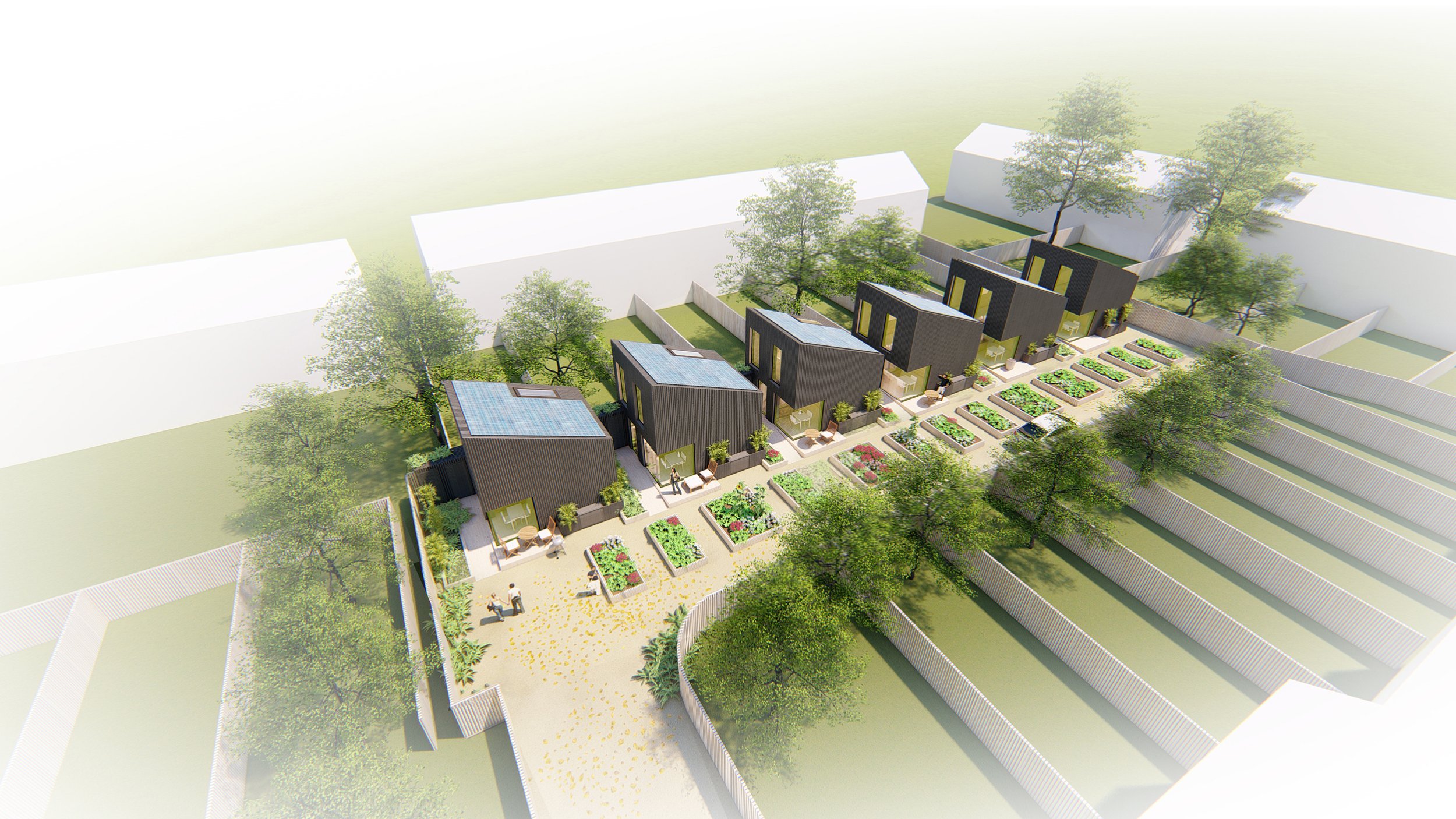
The Blog
Read our blog for the latest thought leadership from a variety of key industry and political voices and the Housing Festival team. Never miss a blog - sign up below.
Browse our recent blogs below or, alternatively, use the search function to find something specific.
Themes
- Aquisition
- Bristol
- Bristol diocese
- CSCC
- Christmas
- Church and housing
- Housing Crisis
- Humancentric approach
- Innovation
- Jessie Wilde
- Justlife
- Local authorities
- London
- MMC
- Modular Construction
- NHNWSummit
- One City
- Playbook
- Shelter
- Social Rent Housing Playbook
- Structural deficit
- Temporary Accommodation
- Trauma-informed design
- UK
- affordable homes
- affordable housing
- blog
- case study
- challenge
- change
- children
- climate smart cities challenge
- collective leadership
- culture
- doughnut economics
- economy
- elim housing
- health
- homeless
- homelessness
- housing
- housing association
- housing crisis
- housing first
- impact
- inclusive
- inclusive growth
- industry
- joint working
- leadership
Using a whole systems approach to transform transitional homes
How can better quality temporary accommodation provide a quality alternative to hotels and hostels? This blog is our summary and key takeaways from Session 6 from the New Homes in New Ways Summit, hosted by Wates. Watch the Summit on our YouTube channel.
a conversation with MMC Ireland and Homes England
What is the role of national leadership in the incubation of MMC and broader transformation in housing delivery? This blog is our summary and key takeaways from Session 4 from the New Homes in New Ways Summit, a conversation between Homes England And MMC Ireland. Watch the Summit on our YouTube channel.
PropTech in Action: Real Examples of Boosting Local Authority Housing Delivery
How is Property Technology transforming ways of working to support housing delivery at scale? This blog is our summary and key takeaways from Session 14 from the New Homes in New Ways Summit, hosted by RenKap. Watch the Summit on our YouTube channel.
Risk, return and social impact: Creating investable propositions to deliver social housing
How do we unlock private investment to accelerate the delivery of new social rent homes at scale? This blog is our summary and key takeaways from Session 11 from the New Homes in New Ways Summit, hosted by KPMG. Watch the Summit on our YouTube channel.
Homes for health: The impact of housing on wellbeing and resilience
What does it feel like, mentally and physically, to live in an unsafe or insecure home? What are the long-term effects? This blog is our summary and key takeaways from Session 1 from the New Homes in New Ways Summit, hosted by AtkinsRéalis. Watch the Summit on our YouTube channel.
The new homes in new ways summit: reasons to be hopeful
It’s hard to believe it’s been just over a month since the New Homes in New Ways Summit. Building on the momentum of the New Homes in New Ways exhibition at the Building Centre, the summit gathered industry leaders from the public, private and non-profit sectors to spark collaborative action to change the way we deliver homes for the sake of the most vulnerable. Here are our key takeaways and reasons to be hopeful.
New Homes in New Ways exhibition drives momentum to accelerate the delivery of new social rent homes
“The New Homes in New Ways exhibition is an important opportunity to tell the story of how Modern Methods of Construction (MMC) has the potential to help address the UK’s severe shortfall of social rent homes and Temporary Accommodation crisis. I hope that this exhibition acts as a provocation to all of us, to recognise that we need a step change, and that we are collectively responsible for that change.” - Jez Sweetland, Project Director, Housing Festival
INNOVATIVE GAP HOUSE CONCEPT REACHES FINAL STAGE OF CONSTRUCTION
Work to turn a council-owned disused garage plot in Bristol into affordable housing thanks to the innovative Gap House concept has reached its final stage of construction.
New Homes in New Ways Launch night
Jez’s speech at the launch of the New Homes in New Ways exhibition: Mixed emotions for me tonight. It's great to be here, it feels like a party. It's great to be amongst friends and yet, I'm also quite angry. You know, it's hard to be celebrating a story together that actually looks like systemic failure.
New MMC homes on site in Bristol in another UK first
Four weeks ago, we were delighted to join a delegation visiting three pioneering new Modern Methods of Construction (MMC) sites in Bristol. As another UK first, we were thrilled to see these homes becoming a reality, and they will soon provide high-quality, low-carbon homes for people in Bristol.
STARTING SMALL FOR SYSTEM ACTIVATION
The first component of the ecosystem solution is building homes in a new way. This will require incubating a new supply chain of factory-manufactured (MMC) homes.
Why build homes in a new way?
The first component of the ecosystem solution is building homes in a new way. This will require incubating a new supply chain of factory-manufactured (MMC) homes.
The case for change in the construction industry
The construction industry faces a number of challenges, many associated with the cyclical, volatile and fragmented project-based approach adopted in response to the commercial environment. Global engineering, management and development consulting firm Mott MacDonald outline the case for change in construction, and why building homes in a new way is key.
INDUSTRIALISED CONSTRUCTION
If we are to truly transform housing delivery, we must look beyond technical solutions and embrace the broader industrialisation of the sector. Here, Ron Lang, Regional Director of AtkinsRéalis, unpacks what industrialisation means for housebuilding, the opportunities and benefits it offers and the critical role of local authorities and housing associations in helping unlock transformation of the sector.
Case Study: Lease models unlocking new homes
Goscombe is a profit-with-purpose business deeply committed to building homes for good. They have their own MMC manufacturing facilities and a business model intent on balancing meaningful investment in social purpose and fair investor returns. As well as offering homes for sale to housing associations and local authorities they have developed a long-term leasing model for MMC homes.
Case Study: Joint-working releasing under- utilised assets
Under Bristol’s ‘One City’ approach, University Hospitals Bristol and Weston NHS Foundation Trust (UBHW) partnered with Bristol City Council (BCC) to provide 18 flats for use as Temporary Accommodation.
Case Study: Impact-led investment unlocking homes
A three-way partnership between Resonance (Social Impact Property Fund Manager), Bristol City Council (Investor) & Developing Health & Independence (Housing Partner), is delivering 34 one-bed flats, and wrap around support, for people who had been sleeping rough/experiencing homelessness.
Case Study: PropTech Simplifying Property Acquisition With Simplyphi
Innovative technology is helping local authorities to find, appraise and acquire homes to reduce homelessness. For example, Hastings are using SimplyPhi’s search technology and project management platform to find, acquire and retrofit 60 homes, as part of their ongoing Housing Programme for Rough Sleepers and Temporary Accommodation.
Is new build the only (or best) option to increase social rent housing stock?
The ecosystem solution outlined in the Social Rent Housing at Pace Playbook is primarily focused on new build, because building social rent homes is the best way to eliminate the structural deficit in the long-term as it increases the net supply of homes. But is new build the only (or best) option to increase housing stock?’
Trauma-informed social rent housing
The shortage of social housing, long waiting lists and numbers of households in Temporary Accommodation, or other unsuitable accommodation, is resulting in higher levels of adversity and trauma amongst future residents. Human-centric design is key to establishing trusted pathways for new social housing delivery. Here, the Changing Futures Bristol partnership unpacks what this means for the design and delivery of new social rent housing.






















